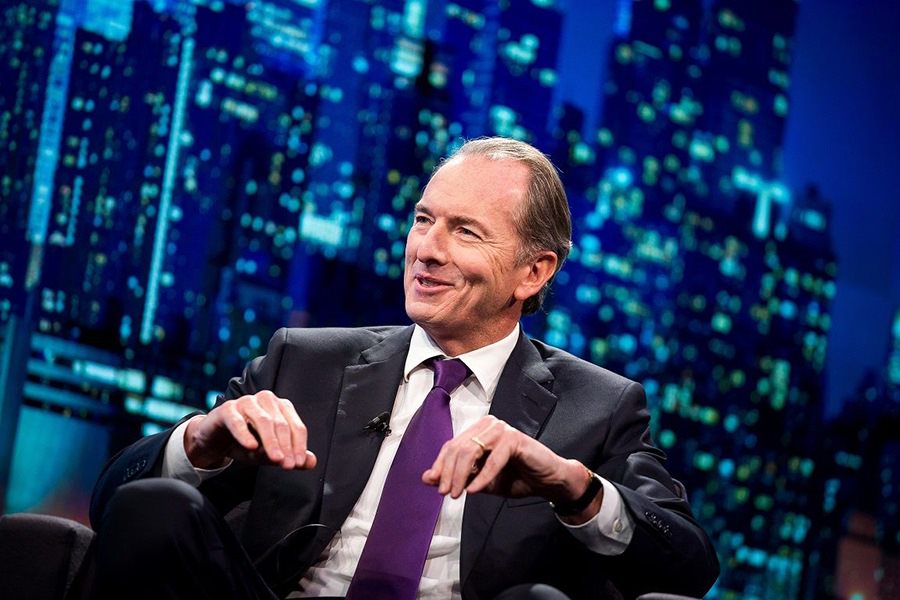

The Great Resignation is turning into a great myth for one Wall Street bank. Morgan Stanley chief James Gorman says the firm has seen relatively few departures in the wake of the pandemic, and certainly nothing like the trend that’s seen U.S. workers quitting their jobs in record numbers. In contrast, he says the bank received about 500,000 job applications last year.
Together with a tightening economy that will make job-hopping even harder, that’s further emboldened him to champion a return to regular office life.
“At the end of the day, people have to work somewhere,” Gorman said at the Australian Financial Review Business Summit in Sydney on Tuesday. “If the economy turns south a little bit, I think you’ll see much less job mobility than in the last 12 months.”
Around the world, the pandemic has forced millions of people rethink how they work and live — and how to better balance the two. More than 24 million U.S. workers quit their jobs from April to September last year — and many are staying out of the labor force. Germany, Japan, and other wealthy nations have seen shades of the same trend.
Gorman said that anyone going to a restaurant should also be showing up to the office, reiterating comments that he made last year. They mirror those of his counterparts at Goldman Sachs Group Inc. and JPMorgan Chase & Co., who’ve made banking one of the most aggressive among white-collar industries in driving a return to the office.
“A lot of us have gone into the mindset of ‘Jobland,’ said Gorman. “Well if you’re in ‘Careerland,’ you need to be around other people to learn from them a bit.”
Gorman said his main concern wasn’t that workers were slacking off at home, but that they wouldn’t develop career skills without being around “other human beings and how they deal with sensitivities that you can’t get from a screen.”
“My job running a company is to make sure that we train and develop our employees as professionals to do the job we need them to do,” Gorman said.

While industry statistics pointing to a succession crisis can cause alarm, advisor-owners should be free to consider a middle path between staying solo and catching the surging wave of M&A.

New joint research by T. Rowe Price, MIT, and Stanford University finds more diverse asset allocations among older participants.

With its asset pipeline bursting past $13 billion, Farther is looking to build more momentum with three new managing directors.

A Department of Labor proposal to scrap a regulatory provision under ERISA could create uncertainty for fiduciaries, the trade association argues.

"We continue to feel confident about our ability to capture 90%," LPL CEO Rich Steinmeier told analysts during the firm's 2nd quarter earnings call.
Orion's Tom Wilson on delivering coordinated, high-touch service in a world where returns alone no longer set you apart.
Barely a decade old, registered index-linked annuities have quickly surged in popularity, thanks to their unique blend of protection and growth potential—an appealing option for investors looking to chart a steadier course through today's choppy market waters, says Myles Lambert, Brighthouse Financial.
